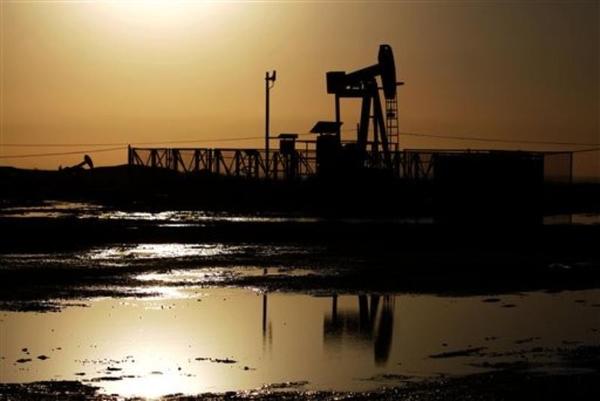For China and India, 2015 should be a pivotal year. Both Chinese President Xi Jinping and Indian Prime Minister Narendra Modi have for months been making grand pronouncements about structural change, while moving only timidly to fulfill them. With oil dropping below $50 a barrel, some of the urgency to implement those painful reforms is sure to fade away. So too, however, will the excuses for not acting.
Across Asia, the lowest crude prices since 2009 are an almost unmitigated boon. Already, they've given Indonesia and Malaysia room to curb budget-busting fuel subsidies (although Malaysia, an energy exporter, will suffer from a drop in oil revenues). In Japan, the Philippines, Singapore, South Korea, Taiwan and Thailand, sliding energy costs stand to boost disposable incomes, household demand and corporate profits. Economist Glenn Maguire at Australia & New Zealand Banking Group thinks this "confidence multiplier" will lead to higher-than-expected growth. The drop in oil prices so far could add as much as 1 percentage point to global output. "We think this will be the defining, constructive dynamic that underpins Asian growth in 2015 and most probably 2016," Maguire says.
Read Full Article »



